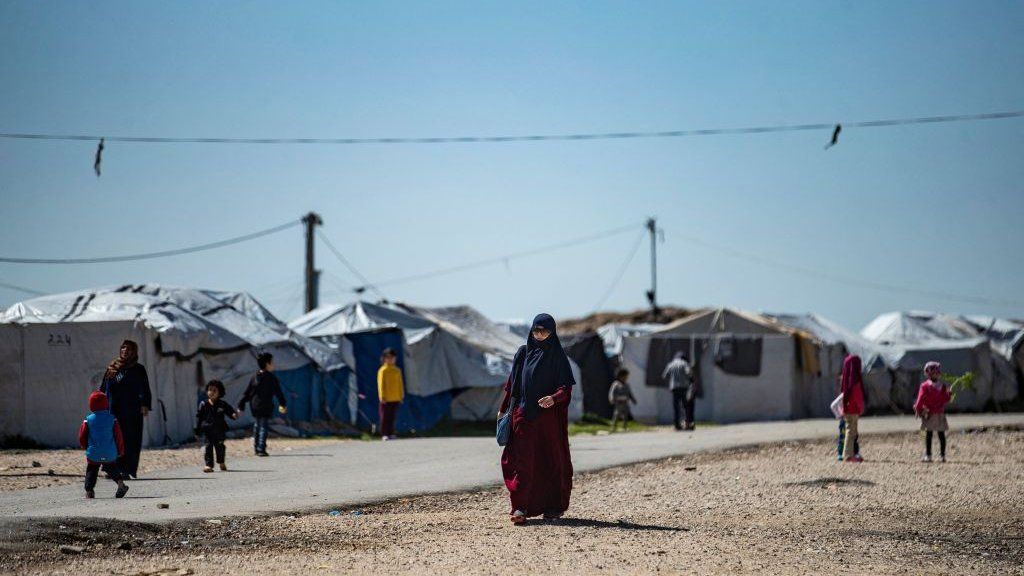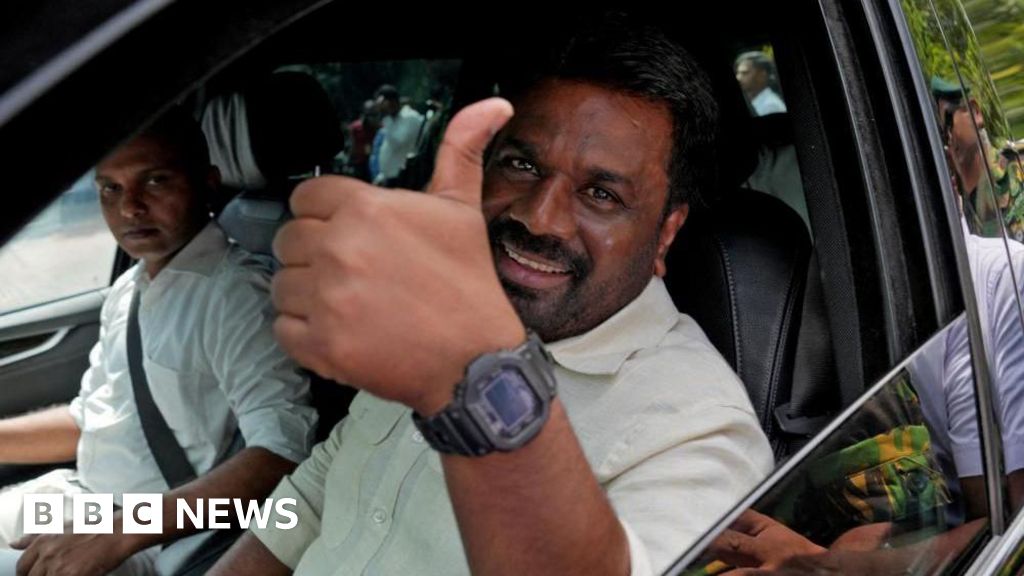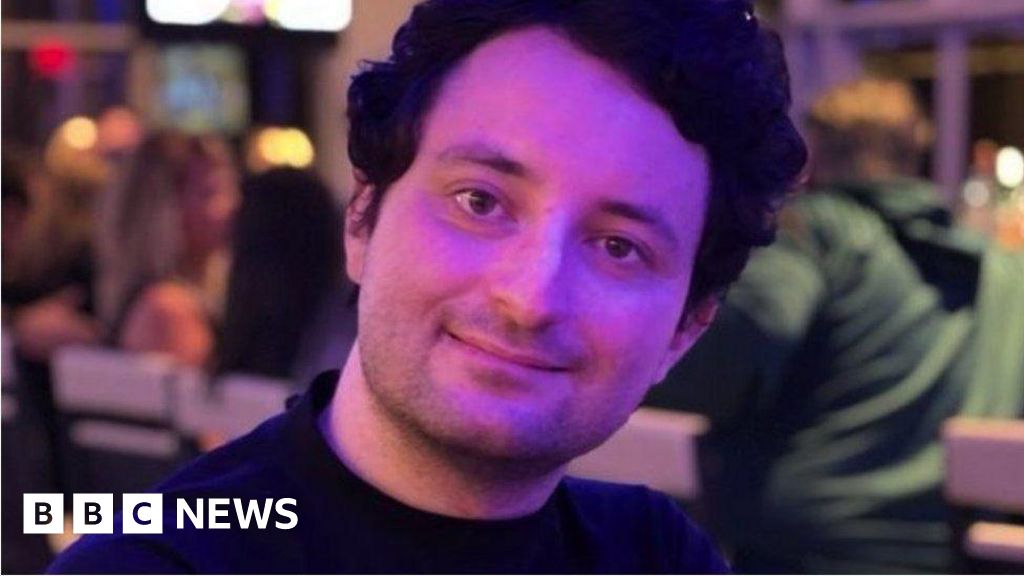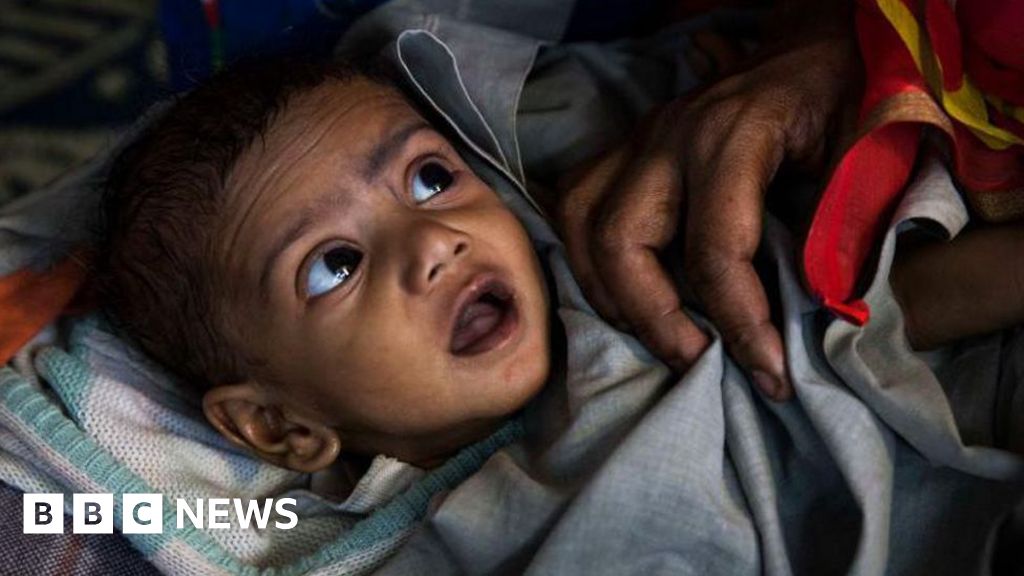ARTICLE AD BOX
 Image source, Getty Images
Image source, Getty Images
More than half of the foreign nationals held in Islamic State camps across Syria are children, according to Human Rights Watch
By Nadine Yousif
BBC News, Toronto
Canada has appealed a court decision that ordered it to repatriate four men imprisoned in Islamic State camps in Syria.
It is also reportedly asking women held in the camps to relinquish custody of their Canadian children in order for the minors to be repatriated.
The mothers are not Canadian nationals, but the children have citizenship because their fathers are.
Human rights campaigners have pushed the country to repatriate its citizens.
In January, Canada agreed to bring back six women and 13 children, but pushed back on repatriating the four men, arguing it had no obligation to provide support or bring back citizens from Syria because it had closed its embassy there in 2012.
But a recent federal court ruling ordered the government to repatriate the men, who have not been formally charged with crimes. British-Canadian dual national, Jack Letts, whose British citizenship was revoked, is one of the four.
In the appeal filed on Friday, Canada challenged that ruling, which concluded the country had violated the men's constitutional rights.
Canada asked that the court order be stayed pending the appeal's outcome.
The repatriation of the four men, as well as the women and children, would be the largest so far for Canada after the so-called Islamic State caliphate was destroyed in 2019.
Pushback on repatriating non-Canadian mothers
In a separate case, some women living in camps in north-east Syria say they have been told their children can only come to Canada without them.
In correspondence seen by the BBC, Canada's foreign ministry contacted one of the mothers in November, saying in a letter that it would review whether her children are eligible to be brought to Canada given "deteriorating conditions" in the camps.
The letter says the country's policy for repatriation "only applies to Canadians".
The mothers were contacted by the government again on 26 January, said Prof Alexandra Bain, the director of the Canada-based Families Against Violent Extremism non-profit organisation.
Prof Bain, who has been in contact with a number of Canadians detained in the camps, said the women told her they had been asked to consider sending their children to Canada alone.
The women said they were given a deadline of a week-and-a-half to make the decision.
She is aware of four foreign mothers who have 10 children in total, most under the age of seven. The fathers are either dead or imprisoned, she said.
"Most of these children are very young, and some are even born in the camp," Prof Bain said, calling it inhumane for Canada to request that the families be separated.
The deadline given to the mothers has since passed, and the women remain in the camps with their children.
Speaking to the BBC's Quentin Sommerville, Jack Letts said he had been an "enemy of Britain"
Lawyers representing them said the Canadian government has not made it clear on how their cases will be handled going forward.
Faraz Bawa, a Calgary-based lawyer representing one of the women, said he and the other lawyers are now working on getting their clients temporary resident permits so they have permission to enter Canada.
But Mr Bawa said it is not clear whether those applications would be accepted by immigration officials.
Global Affairs, the foreign ministry, did not respond to multiple requests for comment from the BBC.
How Canada's repatriation process compares globally
Human rights groups like Reprieve, a UK-based organisation that works with detainees in the Syrian camps, have criticised Canada's approach to the women's cases.
Katherine Cornett, head of Reprieve's Syria and Iraq detention project, said it is "cruel" for the country to consider separating the children from their caregivers.
"This isn't a managed process where social services are involved, and the best interest of the child will be kept in mind," Ms Cornett said. "They may never have contact with their parents whatsoever again after that."
She said the poor conditions inside the camp make this an exceptionally difficult choice for the mothers.
Ms Cornett said that more than half of foreign nationals living in the camps are children, who are "being held there as a form of collective punishment". Adults in the camp, she said, are not given access to legal representation or a fair judicial process.
Other countries have moved to repatriate entire family units with mixed nationalities, Ms Cornett said, including France and Germany.
The US, Spain and the Netherlands have also repatriated their citizens from Syria.
The UK, meanwhile, has stripped citizenship from people who travelled to fight for the so-called Islamic State. It took back two nationals last year after they were reportedly identified as human trafficking victims.
Canada repatriated two women and children from Syria in October. One woman was arrested on terrorism charges and has been released on bail, while the other was released on a peace bond.

 1 year ago
23
1 year ago
23








 English (US)
English (US)